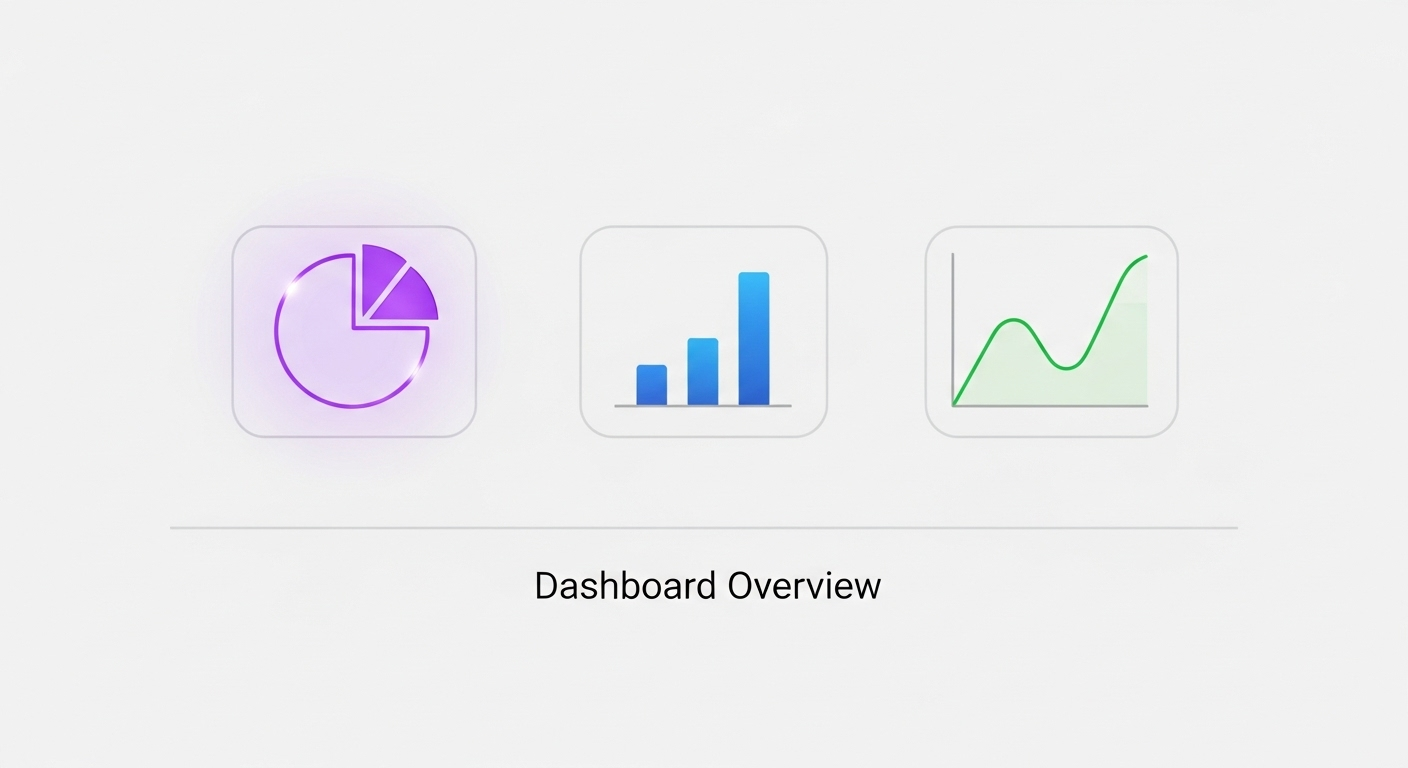From Data to Decisions: Building Your Strategic Dashboard

You’ve committed to tracking your sessions, managing your bankroll, and analyzing your decisions. You have a wealth of data at your fingertips. Now what? The final, crucial step is to transform this raw data into a coherent strategic dashboard—a single source of truth that informs your preparation, in-game decisions, and post-game analysis.
A strategic dashboard isn’t just a collection of numbers; it’s a curated view of the metrics that matter most to your long-term success. It’s the tool that helps you see the forest for the trees, separating the signal of your skill from the noise of variance.
Key Components of an Effective Dashboard
Your dashboard in GameMaster360 should be tailored to your specific goals, but every effective dashboard should provide a clear view of these four core areas.
1. Financial Health Overview
This is the bedrock of your strategic career. It tells you if you are capitalized to play and operating within your own rules.
- Total Bankroll: The absolute number. Is it growing or shrinking over time?
- Profit/Loss (Last 30 Days): A snapshot of recent performance.
- Adherence to Stop-Loss: A simple yes/no metric. How often in the last month have you broken your own discipline rules? This is a critical indicator of emotional control.
2. Performance Metrics
This section moves beyond pure financials to measure the quality of your play.
- Win Rate / ROI: Your overall profitability metric, measured per hour, per session, or as a percentage.
- EV-Adjusted Winnings: Perhaps the most important metric. It calculates what your results should have been based on the mathematical expectation of your decisions, removing the effect of short-term luck. A positive gap between your EV and actual winnings indicates you’re running bad but playing well—a crucial confidence booster.
- Performance by Game/Variant: Are you a profitable tournament player but a losing cash game player? This data tells you where to focus your efforts and study.
3. Strategic Leak Detection
This is where you hunt for weaknesses. Your dashboard should flag areas for immediate review.
- Key Hand Analysis: A filter showing your results in specific, high-leverage situations (e.g., “all-in pre-flop,” “river call efficiency”).
- Positional Stats (Poker): Are you losing money from the blinds? Are you not aggressive enough from the button? Positional data reveals fundamental strategic flaws.
- Decision Quality Score: Based on simulations and optimal play models, this score gives you an objective measure of how often you are making the mathematically correct move.
4. Psychological Indicators
Track metrics that reflect your mental state.
- Session Duration vs. Win Rate: Do your profits decline sharply after the two-hour mark? This helps you identify fatigue and set optimal session lengths.
- Performance After a Major Loss: How do you play in the hour immediately following a loss of more than three buy-ins? This data can reveal if you are susceptible to “tilt.”
By consistently reviewing these key areas in your GameMaster360 dashboard, you create a powerful feedback loop. You stop reacting to random outcomes and start making proactive, data-driven adjustments to your strategy, finances, and mental approach. This is the path to becoming a master of the game.


